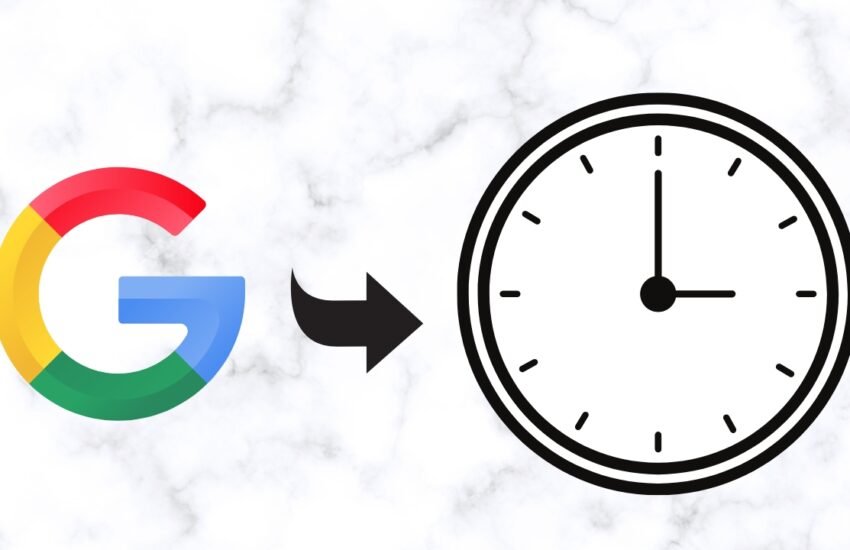If you’ve ever asked yourself, “Why is my SEO not working?” or “How long until SEO brings results?” — you’re not alone. These questions have puzzled website owners for years. Now, Google SEO experts John Mueller and Martin Splitt have finally offered some clarity. Their discussion reveals how the type and scale of your optimization efforts influence the time it takes for SEO changes to show visible impact.
Whether you’re launching a new site, tweaking on-page elements, or executing a full-scale SEO strategy, the truth is that results take time—and patience. Let’s break down how long SEO takes to get to work, what factors matter most, and how to monitor your progress effectively.
Visible Changes in Google SEO: It Depends
Many SEO professionals claim that SEO results can be immediate or take months. But Google SEO specialists argue that it’s more nuanced than that. According to John Mueller, SEO results depend on the nature of the changes made:
“Some changes are easy to pick up quickly, like simple text changes on a page. They just have to be recrawled and reprocessed and that happens fairly quickly.”
So, if your site had virtually zero optimization and you implemented some basic best practices, you may notice improvements in rankings within days or a couple of weeks. These early results, however, mostly reflect minor technical or content-related changes.
But for larger or strategic changes, the timeline gets longer.
“If you make bigger, more strategic changes on a website, then sometimes that just takes a long time.”
This brings us to one key realization: how long SEO takes to work depends on the scope, depth, and complexity of your SEO work.
What Is a SEO Monitor and Why Does It Matter?
If you’ve implemented SEO changes, your next logical question might be: “What is a SEO monitor?”
A SEO monitor is essentially a system (or tool) used to track and evaluate how SEO efforts are performing. But it’s not just about tracking rankings—it’s also about observing crawling behavior, indexation, visibility changes, traffic, and engagement.
Martin Splitt asked John Mueller about how to measure changes when a website’s design and content are completely overhauled:
“If I make a new website version and I have different texts and different images and everything is different, will I immediately see things change in Search Console or will that take some time?”
Mueller explained that smaller websites (like a homepage and a few other pages) could start seeing updates in one to two weeks. For larger websites, expect a longer waiting period, as Google has to crawl and re-index a lot more content.
So, the key takeaway is this: whether you’re using a tool like Google Search Console or third-party solutions, setting up a reliable SEO monitor is essential to understand what’s changing and when.
Why Is My SEO Not Working? Common Misconceptions
If you’ve ever typed into Google, “What does Google think of me?” or “Why is my SEO not working?”, you’re likely frustrated by the wait. However, lack of results doesn’t always mean failure—it might just mean you’re expecting results too soon.
Google’s John Mueller emphasized that SEO results are not instant, even for basic changes. Google needs time to:
- Crawl the updated page(s)
- Re-index the new content
- Recalculate relevance against search queries
And that’s assuming your SEO implementation is correct. In reality, many people fall into the trap of expecting immediate returns and give up before their efforts even have a chance to reflect in rankings.
How Long to Get SEO to Work?
The most commonly searched phrase related to SEO is: “How long to get to work?”
The answer: it varies.
Here’s a simple breakdown:
- Minor changes (like title tag updates, meta descriptions, or paragraph edits): Results in 1–2 weeks
- Medium changes (like rewriting content or improving internal linking): Results in 3–6 weeks
- Major overhauls (site redesigns, URL structure changes, mobile optimization): Results in 2–6 months
- New websites with no authority or backlinks: Results in 6–12 months
And yes, these timelines assume that your SEO work follows best practices and is regularly monitored.
Google Working Methods: Track and Communicate Progress
One of the biggest takeaways from Mueller’s conversation is the need for ongoing communication and progress tracking.
“A good SEO should be able to help monitor the progress along there. So it shouldn’t be that they go off and make changes and say, ‘Okay, now you have to keep paying me for the next year until we wait what happens.’”
In other words, transparency is key. If your SEO isn’t offering you detailed updates, crawl status reports, or user feedback metrics, it might be time to revisit your strategy.
Google’s way of working—often referred to as Google Working—relies on steady, data-driven iterations. It’s not a magic switch; it’s a process of continuous improvement.
User Feedback and Behavior: The Overlooked Ranking Factor
Mueller noted that user feedback, while often ignored, is one of the best SEO tools. While most people focus on technical improvements, user engagement and satisfaction are crucial indicators for Google.
“User feedback is absolute gold.”
Adding comment sections, allowing users to reach out easily, and monitoring bounce rates can offer valuable insight into how well your content resonates. This kind of feedback loop helps fine-tune your SEO strategy for lasting rankings.
If users interact with your content, stay longer, and share it, these signals tell Google that your content is relevant, trustworthy, and helpful.
Final Thoughts: SEO Success Takes Time and Transparency
To wrap it up: SEO work is not instant. The time it takes for changes to reflect in Google rankings depends on the nature and scale of your work.
Ask yourself:
- How long has it been since you made changes?
- What kind of updates did you implement—simple or strategic?
- Do you have a clear SEO monitor system in place?
- Are you getting consistent reports from your SEO specialist or team?
- Have you gathered user feedback to guide your next optimization steps?
If the answer to any of these is “no,” it might explain why your SEO is not working.
Key Takeaways
- How long SEO takes depends on the depth of your updates.
- Basic changes can produce results in 1–2 weeks.
- Larger SEO projects may take months to show consistent improvement.
- Use tools to monitor SEO progress and communicate clearly with your SEO provider.
- Encourage and analyze user feedback—Google watches user behavior closely.
- Don’t ask, “What does Google think of me?”—show Google your value through consistent, quality content and optimization.
you may also like
Cloudflare Just Changed SEO Forever: What Pay Per Crawl Means for Your Site



